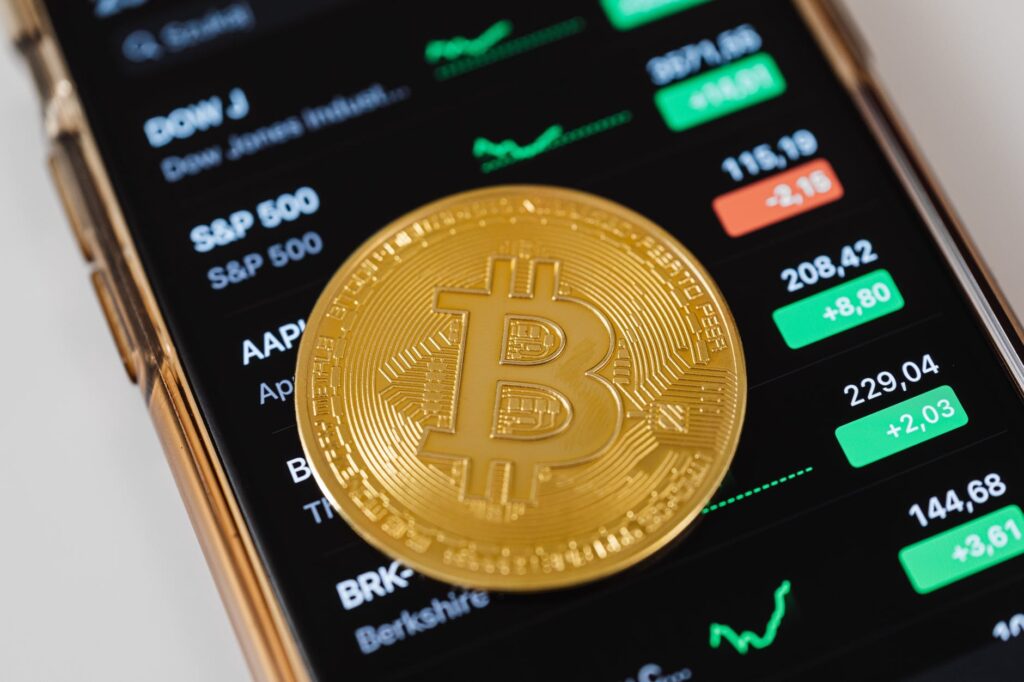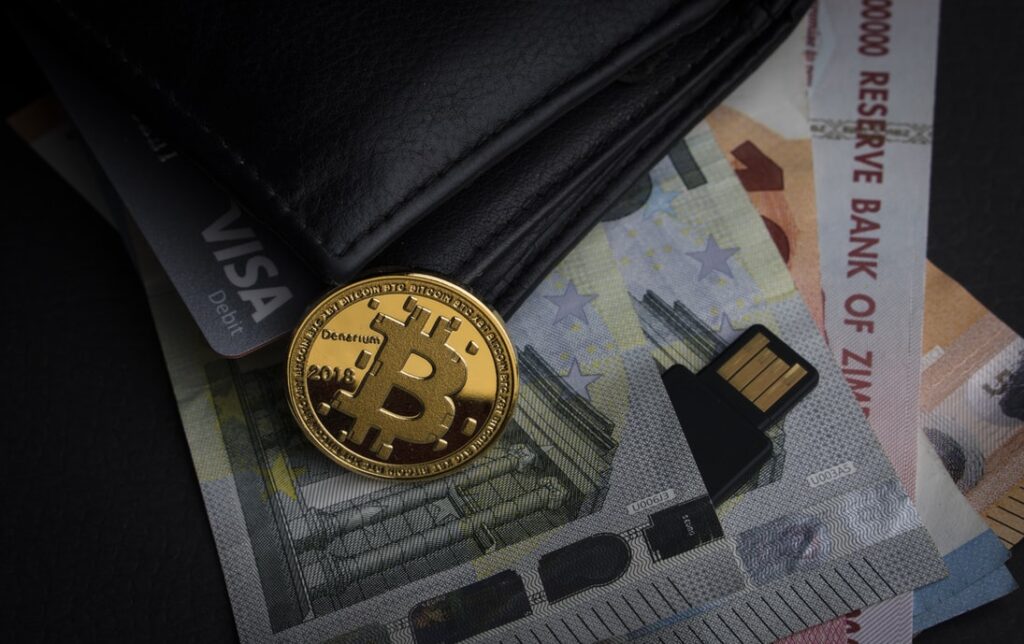Cryptocurrency exists in cyberspace only leaving the door wide open for various fraudulent activities. To make matters worse, digital coins are not regulated by any government nor it is backed up by any commodity. It’s completely built into the blockchains that are virtually impossible to break into. The owners of the coins keep them in e-wallets, buying and selling them online or offline. Every wallet is protected by private keys, which is a long line combined of numbers and letters.
Security has always been the main concern among users since cryptos cannot be saved or stored like the traditional paper monies. At the same time, hackers saw the opportunity to use the inexperience and unfamiliarity of investors for their own personal gain.
Scams and frauds always followed cryptocurrencies delivering some nasty blows over the years. Bad reputation wind down but there are still some baits floating around that everyone should be aware of. Cybercriminals are still among us, so don’t ever let your guard down; stay on the lookout because it can spare you a lot of grief in the future. Here are a few things to always bear in mind when investing in cryptocurrencies.

Initial coin offerings
This is one of the most common frauds that gets pulled all the time. ICO, or initial coin offerings, happens when new coins get introduced into the market. The creators of the coins are the criminals here. They convince investors that the value of their digital currency is going spike, for example, at least 300 times more in a matter of weeks. The naïve traders rush in to buy as much as they can before the price goes up, which is exactly what the creators want. Once they get the money, the currency crashes and they split with millions in their pockets.
In reality, only a small percentage of ICOs are going to survive, about 8%. In other words, 92% are pure fraud. Needless to say, whenever you get an offer to buy a new currency don’t open your wallet right away. Wait for a few months, or years, to see how the coins are holding up, track their value, and then make an informed decision.
Wallet scams
E-wallets are digital places meant to store cryptocurrencies. There are several kinds of wallets: software, hardware, and paper wallets. Having software wallets means that you need to install an online app where you’re going to keep your cryptos. Recently, the Google play store was plagued with fake wallets.
Even though Google did everything possible to weed them out, they still pop up every day by hundreds. The fraud is simple: once you deposit your coins into the wallet they disappear without a trace. So, triple-check before you install or transfer any coins into the wallet.

Pump and dump
The old scam that unbelievably works even today, every time. Actually, in today’s age, it’s even easier to pull it off thanks to social media networks. The plan is simple: getting people to buy coins while they are still at a low price. Unbeknownst to customers, the vast majority of the coins are in the hands of the creator.
Once the community takes the bait and starts buying, the price goes up. When the makers of the cryptocurrency determine that the price has reached its peak, they dump all coins at once picking up most of the profits. By the time other users realize that they need to start selling, the price is already down to pennies on the dollar.
Fraudulent emails
Another old trick that scammers still pull is sending fake emails to potential customers. Now, these are not poorly done emails that can be easily spotted as a fraud. Fake emails come in a very convincing form, with original colors, logos, text, and offers. The latter is usually the scam promising fantastic returns on the investments.
If it sounds too good to be true just mark it as spam and click delete. If you’re in doubt that you might be passing the great opportunity, call your agent and double-check if they sent you an email, or whether or not they have some new offers. That should clear it up.

Sketchy brokers
There are many people who would like to invest in cryptocurrencies but they just don’t have enough knowledge or time to manage their portfolios. This is where shady brokers come in place. In the beginning, they will offer you low prices and quick returns. Keep in mind, the time to make quick bucks in cryptos has passed. You can still make decent profits, but there it’s highly unlikely that there’s going to be another huge jump in prices like the one from a few years back.
Now, the sketchy brokers will take your money backed by sweet deals and great promises. After a while, when you try to withdraw some of that money, you’ll find the process to be considerably tough. In return, you’re about to get a million different excuses about why you can’t pull the money out, dragging the process for weeks or even months. Some brokers even took the money and stopped answering the calls so be very careful when choosing a broker.
Imposters
Some people came to an idea to pose as owners, CEO, or CFOs of the major companies presenting the customers their new plans and offering great deals. Many unsuspecting consumers jumped on the opportunity to seize the profits before everyone else found out about it. Unfortunately, those were just phony company officials who sucked out every penny they could from the poor customers. What they sold is a promise, empty words about gigantic profits in a few weeks’ time. Once they get access to the customers’ wallets they disappear into thin air. A classic scheme, but somehow it still works.
The overwhelming desire to make quick bucks usually takes over common sense, and that is exactly what the scammers are counting on. Check out AustralianTimes for ways to keep your Bitcoin account secure from cyber-attacks. Before even thinking to open up your wallet, do thorough research about the company history, compare the offers, ask around the crypto community, and then make a decision. Better safe than sorry.
